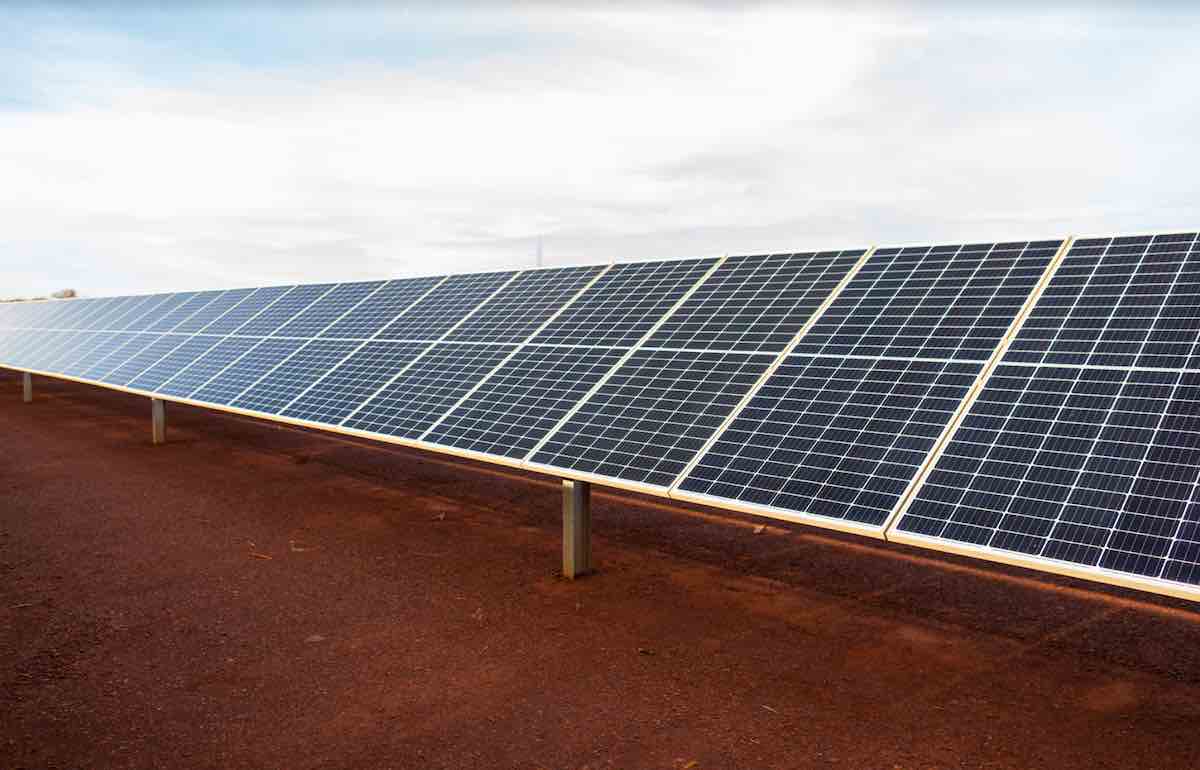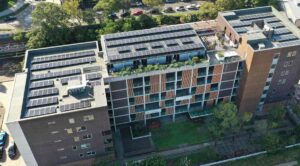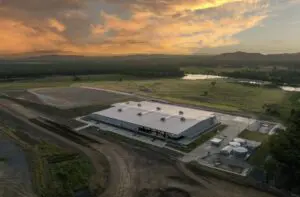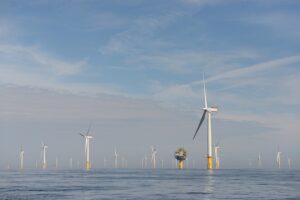A new venture that will develop renewable energy and other infrastructure opportunities for First Nations Australians has launched in the Northern Territory, as one of the world’s largest majority Indigenous-owned companies of its kind.
Desert Springs Octopus was launched on Thursday in a partnership between the Australian subsidiary of British financial services company Octopus Group and the Northern Territory Indigenous Business Network (NTIBN).
The new company will be majority-owned and led by Indigenous Australians and will be co-chaired by Bevan Mailman, the managing director of Australia’s first national Indigenous law firm Jaramer Legal, alongside Octopus Australia managing director Sam Reynolds.
The companies said Desert Springs Octopus would focus on promoting a range of renewable energy projects, hydrogen production, new water infrastructure, agricultural production, and energy for mining, as well as grid and transmission build-out in northern Australia.
Octopus Australia, which has so far invested more than $1 billion in Australian renewables, said it sees Desert Springs Octopus as a $50 billion investment opportunity over the next 10 years.
“The launch of Desert Springs Octopus …provides a great opportunity for our First Nations communities to contribute to our journey as a nation towards net zero,” said Lumi Adisa, head of energy markets at Octopus Australia.
“Given the current dependence on fossil fuels for power generation especially in Northern Australia, Desert Springs Octopus provides an avenue for Indigenous communities to not only reduce their reliance on high-polluting fuels, but also contribute significantly towards renewable energy targets in their respective states.”
Bevan Mailman, who was Lawyers Weekly’s 2021 Indigenous Leader of the Year, said it was important that joint venture initiatives such as this worked with the first custodians of the land using a “bottom-up approach,” that would ultimately allow Indigenous communities to be “self-governing, independent, and growing.”
To this end, Desert Springs Octopus aims not only to help transition Northern Australia away from a dependence on fossil fuel energy generation, but to promote new jobs, training, and local procurement and services.
“Octopus was drawn to this venture initially due to the significant renewable energy investment potential, but for my team and I this goes a lot deeper,” said Reynolds.
“Through creating a partnership between the global investment community and our Indigenous communities, we hope the Desert Springs Octopus projects will provide lasting economic and cultural benefits today and for generations to come.
“We also see this as a valuable opportunity to learn from our Indigenous communities and we hope to utilise a vehicle such as Desert Springs Octopus to make this happen,” he said.










